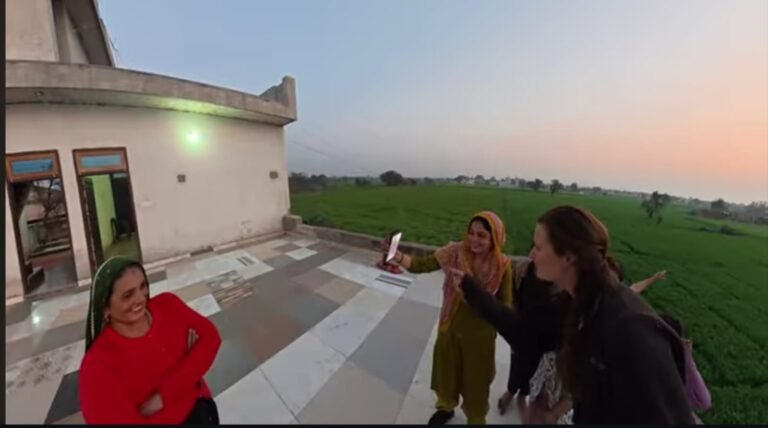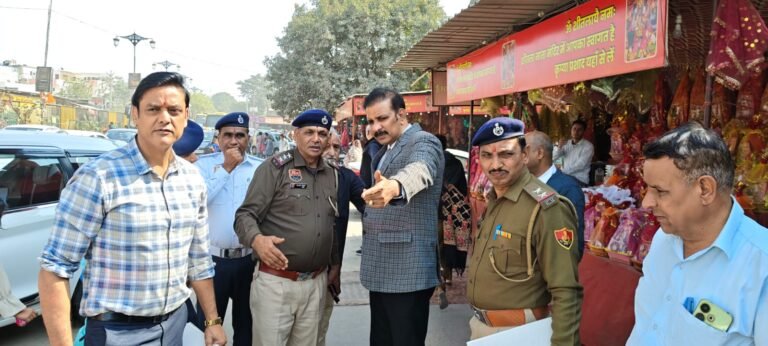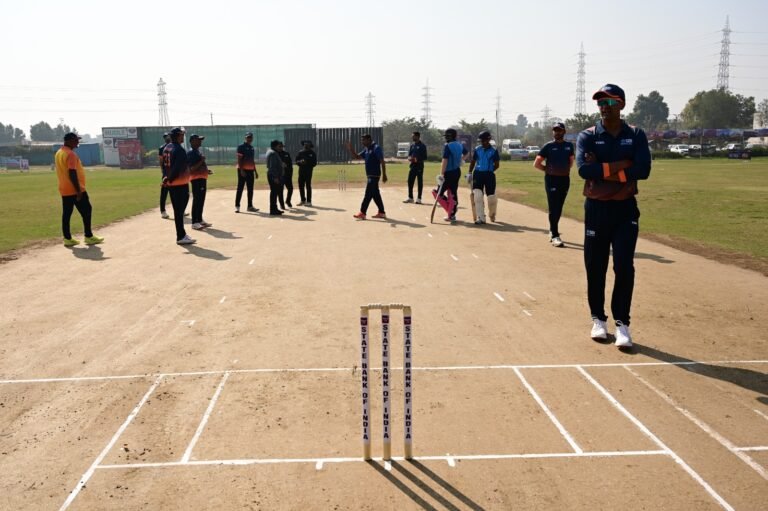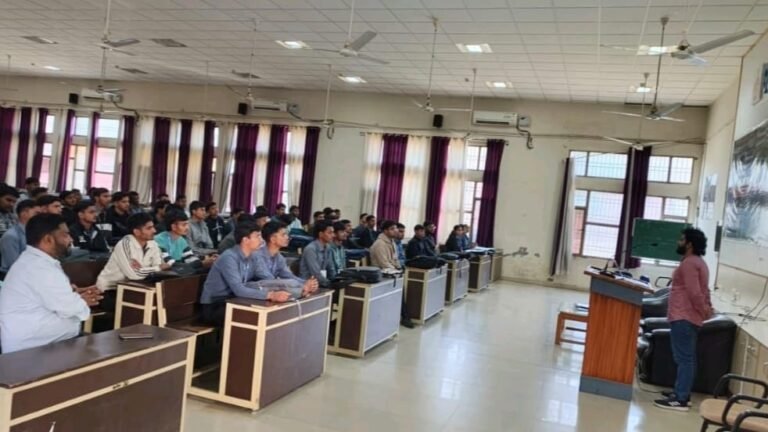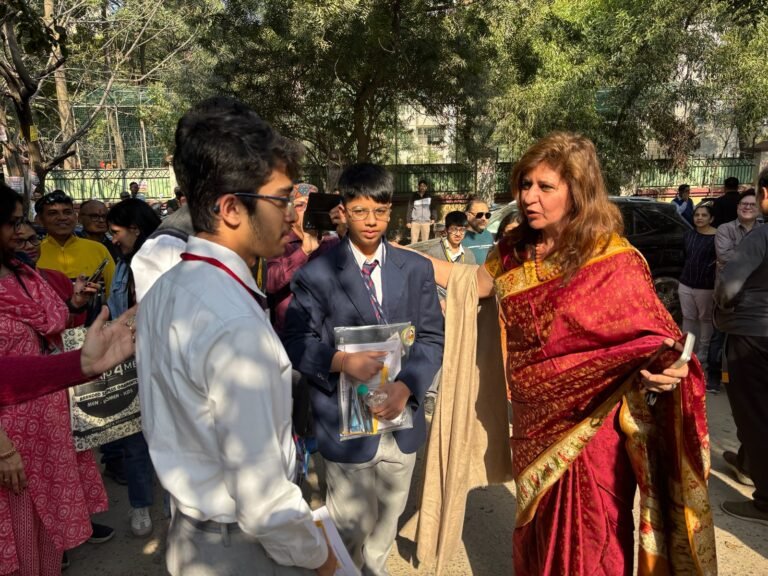
Bilkul Sateek News
Gurugram (Paridhi Dhasmana), 5 May – India has a long history of communal tensions, often exacerbated by political and social factors. In this climate, women who speak out for peace and unity frequently face online vitriol. Three such women—Himanshi Narwal, Shaila Negi, and Ayesha Khan—have endured severe backlash for their efforts to promote communal harmony.
Himanshi Narwal, widow of Lieutenant Vinay Narwal, killed in a terror attack, made a heartfelt plea for peace at a blood donation camp in his honour. She urged the public not to direct hate toward Muslims or Kashmiris, saying, “We want peace and only peace.” Her call for unity was met with vicious trolling, with critics labelling her a “traitor” and accusing her of exploiting her husband’s death. The National Commission for Women (NCW) condemned the abuse, while figures like Lalitha Ramdas praised her courage, calling her the “perfect fauji wife” for upholding secular values.
Shaila Negi, from Nainital, confronted a violent mob vandalizing Muslim-owned shops and chanting anti-Muslim slogans. Her brave stand, captured in a viral video, led to rape threats and messages like, “You’ll pay for defending them.” Shaila said, “Despite the intimidation, I still believe in communal unity” showcasing her unwavering commitment to harmony.
Ayesha Khan, known for Bigg Boss 17, faced intense backlash after engaging with communal issues. In April 2025, she liked an Instagram post by Kashmiri writer Jalees Hyder stating, “Indians are not welcome in Kashmir,” criticizing the romanticization of Kashmir amid conflict. Many saw this as anti-Indian, sparking accusations of treason and severe harassment. Despite her prior peace advocacy—like condemning violence in Rafah in 2024—trolls flooded her social media with abuse. This case highlights how women navigating communal narratives face disproportionate hate.
These incidents reveal social media’s dark side, where anonymity and algorithms amplify hate, disproportionately targeting women. Trolls weaponize platforms to silence peace advocates, exposing the need for stricter hate speech enforcement by tech companies.
Support for these women is crucial. The NCW’s backing of Himanshi shows institutional support can help, but broader change is needed. A cultural shift toward respectful dialogue is essential to protect voices of harmony.
The courage of Himanshi, Shaila, and Ayesha underscores the urgency of systemic action to safeguard those bridging communal divides. Collective effort is vital to ensure calls for peace are met with understanding, not hate.




